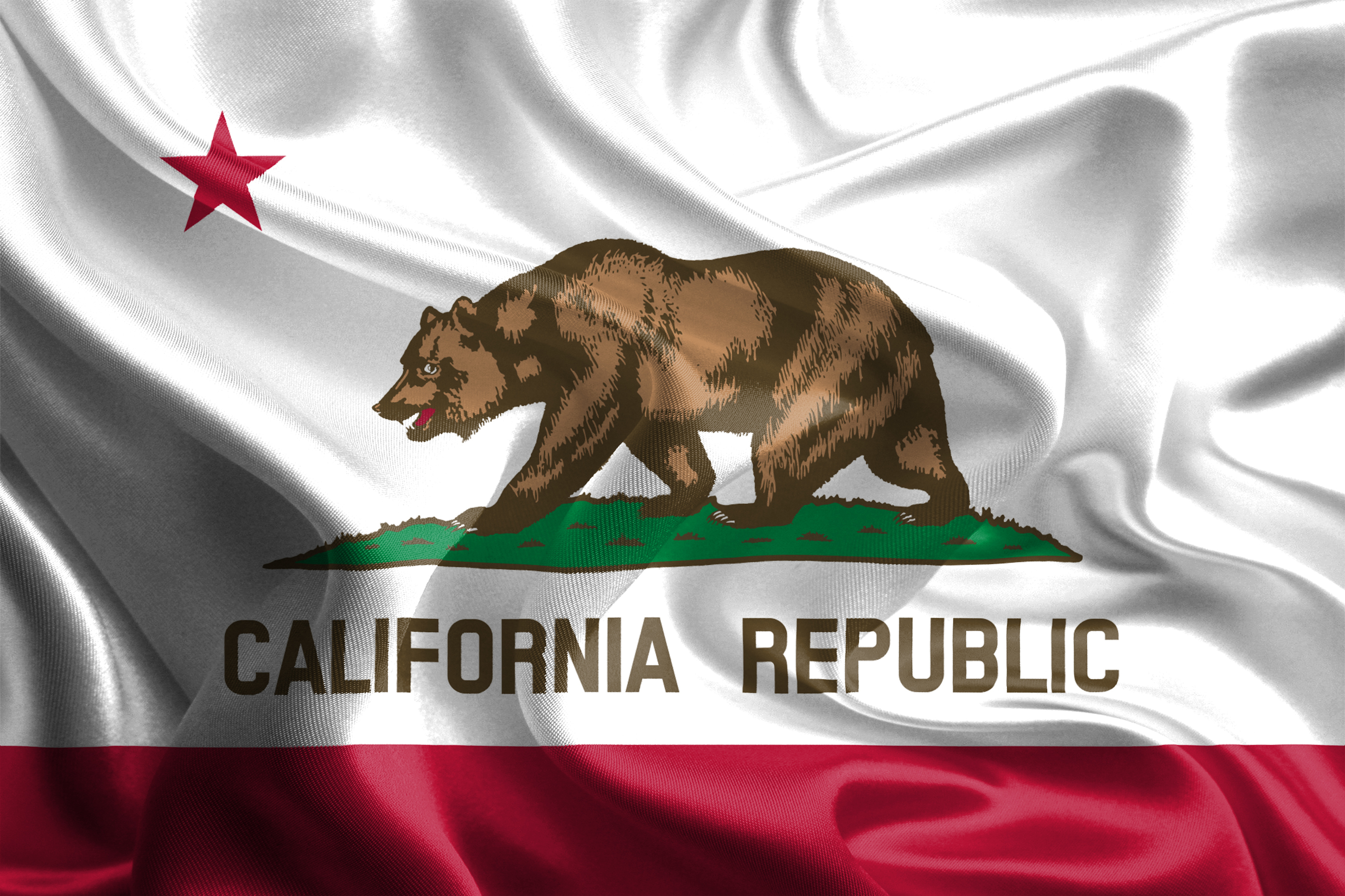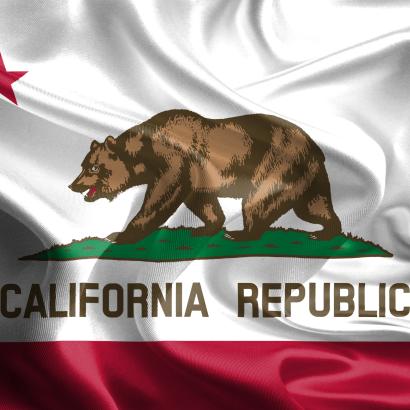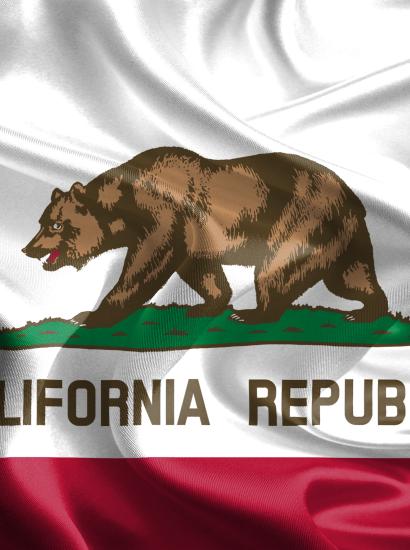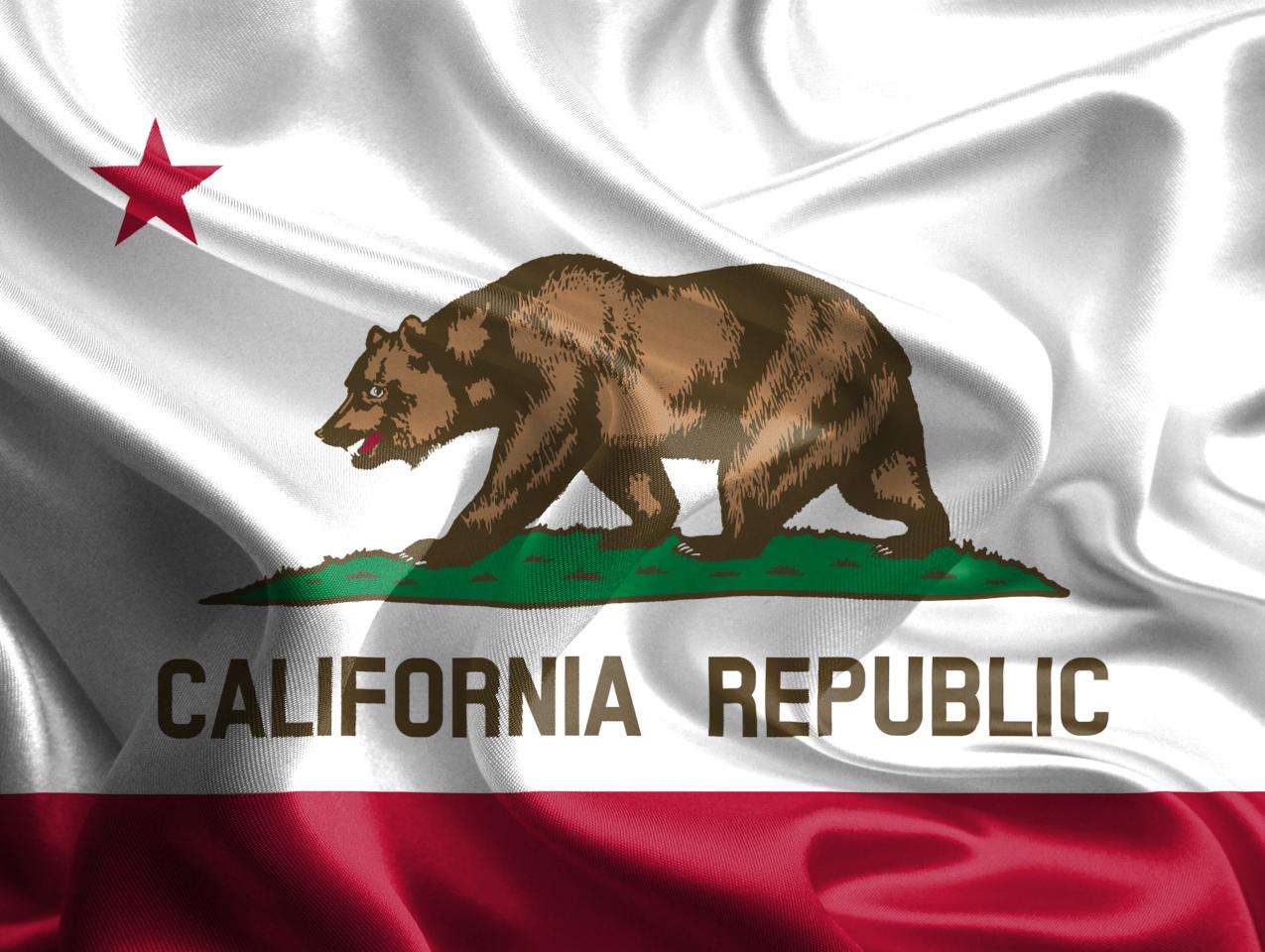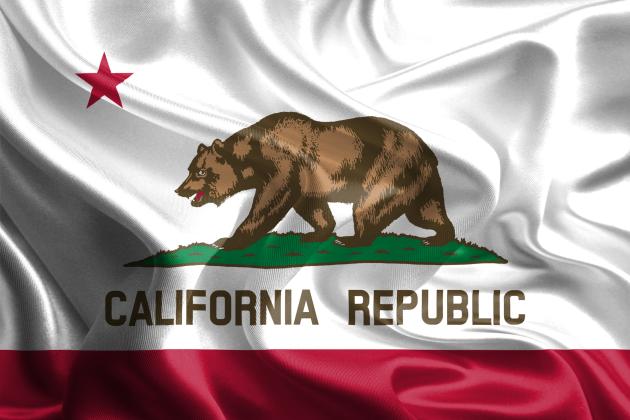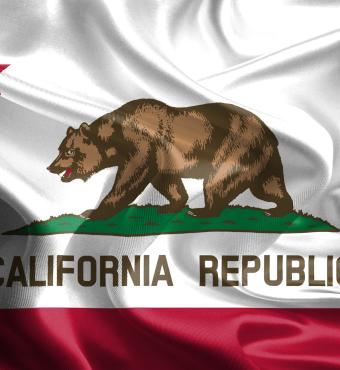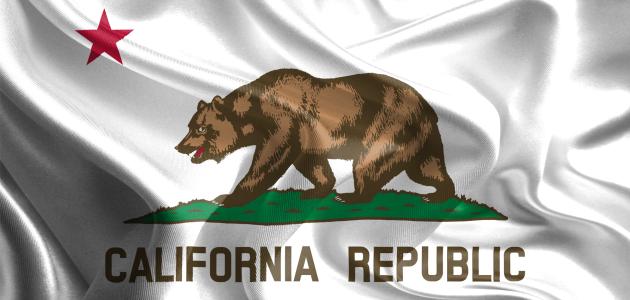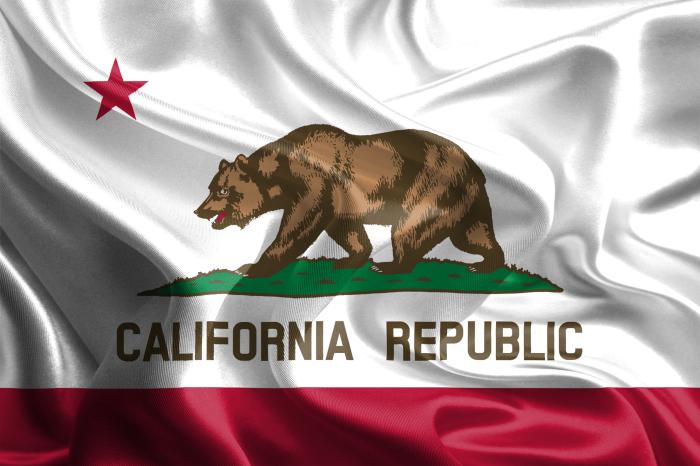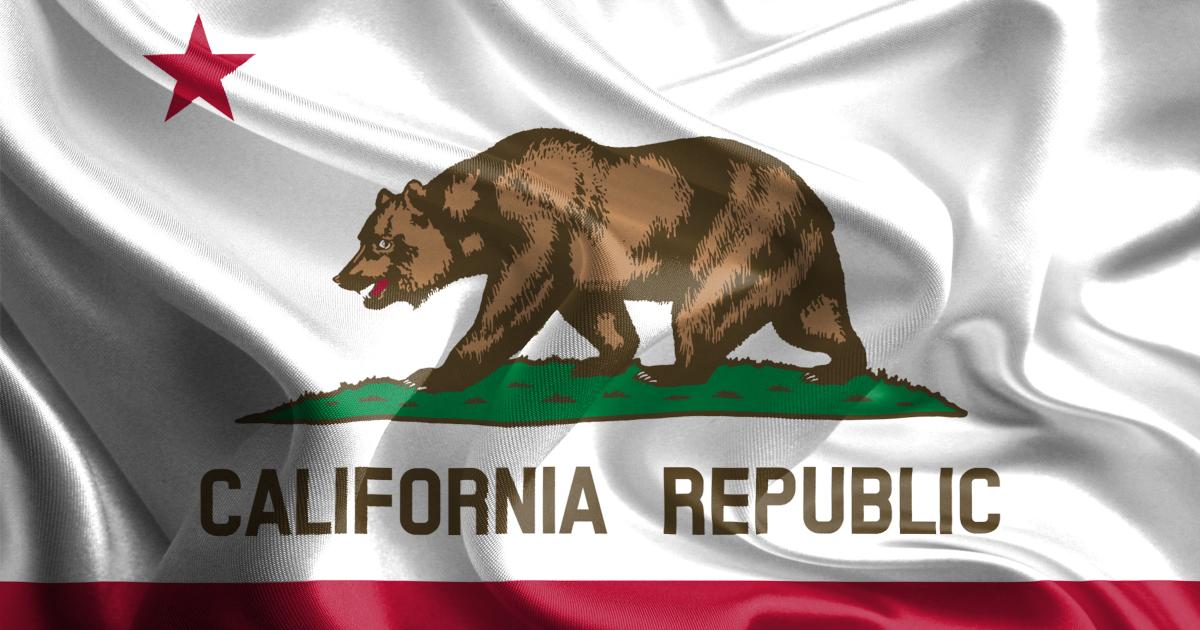As California hasn’t witnessed a competitive presidential race since the late 1980s and the twilight of the Reagan era, it’s tempting to assume that the Golden State yet again will not be a questionable factor in 2024’s outcome.
That said, let’s take a look at the significance of presidential hopeful Robert F. Kennedy Jr.’s qualifying for this fall’s California ballot, now that the 70-year-old Kennedy—the nephew of a martyred president and the namesake son of a fabled presidential contender who famously battled for California’s Democratic delegates back in the summer of 1968 before he himself was assassinated—has secured the nomination of the American Independent Party.
Could RFK Jr. actually carry the Golden State come November?
Don’t bet on it.
A quick glimpse at FiveThirtyEight.com’s polling averages for California shows president Joe Biden just north of 50% and former president Donald Trump barely north of 30%, with Kennedy a full 20 points back at a little above 10%. (Four years ago, Biden received 63.5% of the statewide vote to only 34.3% for Trump).
In fact, it seems that California only becomes land of intrigue in the unlikely event that Kennedy is capable of scrambling the electoral vote count by winning multiple states—something a third-party candidate hasn’t done since 1968 (more on that election later).
At present, Kennedy is on the ballot in California, Michigan (as the Natural Law Party’s candidate), and Utah (by dint of collecting 1,000 signatures). However, his campaign claims it’s collected enough signatures to qualify in another eight states—Hawaii, Idaho, Iowa, Nebraska, Nevada, New Hampshire, New York, and North Carolina. Those 11 states—of which six voted Democratic and five voted Republican in 2020—represent a combined 148 electoral votes. Give them all to Kennedy, and assuming the other 39 states vote the same as they did in 2020, the electoral college reads: Trump 198, Biden 192, Kennedy 148.
How does Biden get a second term? All he needs to do is restore New York and California (respectively, 28 and 54 electoral votes) to the Democratic column.
How does Trump get a second term? Take back Idaho, Iowa, Nebraska, North Carolina, and Utah (a total of 37 electoral votes), then tack on Michigan (another 15 electoral votes), which went to Biden in 2020. But as that would still leave Trump 20 electoral votes shy of the magical 270, he’d need to flip two of three other battleground states that went against him in 2020—Arizona, Georgia, and Wisconsin—or do the near-impossible: flip New York (last went Republican in 1984), or California (last went Republican in 1988).
Then again, this is only so much “California dreaming,” as we’re still the better part of six months from Election Day and it remains to be seen how close Kennedy will comes to his announced goal of qualifying for the ballot in all 50 states.
But is Kennedy capable of winning any of these states? Not since the presidential election of 1912 has a third-party candidate carried six or more states. George Wallace won five in 1968; Strom Thurmond carried four in 1948. H. Ross Perot won nearly 19% of the national vote in 1992’s presidential vote (including 20.6% in California) yet failed to claim any states.
So let’s depart dreamland and return to reality, with two takeaways from Kennedy’s managing to crack the ballot in the nation’s most populous state.
The first takeaway (ironic, considering he’s a Los Angeles resident): Kennedy and his political brain trust perhaps don’t understand the nuances of California’s voting process.
Soon after Kennedy’s campaign announced its access to California’s ballot, it challenged Biden to take a “No Spoiler Pledge”—the idea being that if the president fares worse than Kennedy in a 30,000-person poll of head-to-head matchups with Trump conducted in mid-October, he agrees to withdraw from the race. The problem with that idea, from a California perspective: by mid-October, ballots will have already been mailed to all active registered voters in the Golden State. If Kennedy were serious about claiming California, he’d ask for an earlier poll—say, one closer to Labor Day so as to not just get Biden out of the race but get his name off the ballot.
The other takeaway: the different role California plays—and played—in the political fortunes of the two RFKs.
For the elder Kennedy, the Golden State was the heart and soul of his presidential run in 1968. In early March of that year, it was during a flight back from the Central Valley town of Delano to Los Angeles, after attending a “Mass of Thanksgiving” with Chicano farmworkers, that RFK told his aides that he’d soon announce his candidacy.
Later that same month, Kennedy, now a formal presidential hopeful, returned to California (San Jose, this time) to deliver a speech with a personal request. He said:
If there is one overriding reality in this country, it is the danger that we have an erosion of a sense of national decency. Make no mistake, decency is at the heart of the matter. Poverty. Poverty in this country is indecent. Illiteracy is indecent. The death and maiming of brave young men in swamps of Asia—that is also indecent.
And it is also indecent for a man to work with his back and with hands in the valleys of California without hope of ever seeing his son enter a university. . . . It is indecent for a man in the streets of New York, in Oakland, in Detroit, in Watts, to surrender the only life that he will ever have to despair. . . .
This in my judgment, the year 1968, is a time to create, not to destroy. This is a time to work—for men to work out with a sense of decency, and not with bitterness. This is a time to begin again, and that is why I run for President of the United States. And it is why—it is why I come here to the state of California to ask for your help. I cannot win the nomination without the help of the people of California, and I ask for your help.
For the elder Kennedy, California served as a metaphor for the larger concepts he was trying to convey to the nation in a presidential campaign that would last less than three months.
For the younger Kennedy, on the other hand, the Golden State doesn’t serve the same role. While the candidate did explain his personal ties to Oakland, the scene of last month’s vice presidential reveal, the rationale for his candidacy (explained here in last October’s announcement in Philadelphia) doesn’t sound like that of a candidate with a finger on California’s pulse:
I’m here to join you in making a new declaration of independence for our entire nation. We declare independence from the corporations that have hijacked our government, and we declare independence from the Wall Street, from big tech, from big pharma, from big ag, from the military contractors and their lobbyist. And we declare independence from the mercenary media that is here to fortify all of the corporate orthodoxies from their advertisers and to urge us to hate our neighbors and to fear our friends. And we declare independence from the cynical elites who betray our hope and who amplify our divisions.
One other difference between father and son: party allegiance. In 1968, the elder Robert Kennedy was in a spirited competition with Hubert Humphrey and Eugene McCarthy that was, in essence, a battle for the party’s heart and soul.
In 2024, the younger Robert Kennedy is a former Democrat who’s partnered with the American Independent Party—an organization that traces its roots to the California of the late 1960s. In 1968, it was the party of then Alabama governor George Wallace (famously a segregationist who battled the Kennedy White House) and a campaign that targeted voter resentment with America’s political establishment. (Wallace said in one speech: “The liberals and left-wingers in both parties have brought us to the domestic mess we are in also to the foreign policy mess we find our nation involved at the present time, personified by the no-win war in Southeast Asia.”)
The party’s platform in 1968: law and order, less centralized federal government, ending the fighting in Vietnam. Wallace’s performance in California in 1968? A mere 6.7% of the statewide vote, or half of his national average of 13.5%.
As recently as a few years ago, the party RFK Jr. finds himself representing supported ideas not necessarily in California’s mainstream. Its 2021 “manifesto,” for example, called for immigrants illegally entering the United States to be “punished for their crime in a way that will deter them from future offenses.” But in 2024, the American Independent movement in the Golden State strikes a cheerier tone. In its “statement of purpose,” the rebranded party says it “connects positive, visionary and independent candidates with California voters.”
Such is the oddness of California politics these days: the son of beatified Democrats with ties to the Golden State—John F. Kennedy nominated in Los Angeles in 1960; Robert F. Kennedy gunned down in the same city eight years later—now cohabitating with other political parties.
As for the Democratic Party in California, the state is led by a governor who venerates the elder RFK while suggesting the namesake son is “being used” by conservatives to undermine Biden’s support.
Odder still: the idea of California becoming a presidential showdown state this fall, even with RFK Jr. on the ballot as an alternative.







